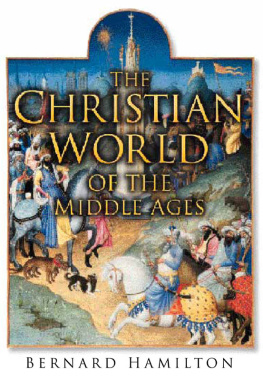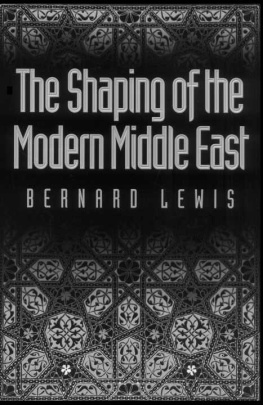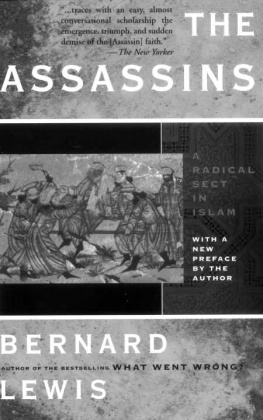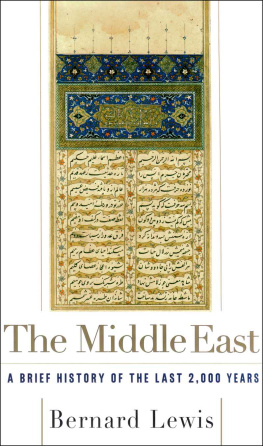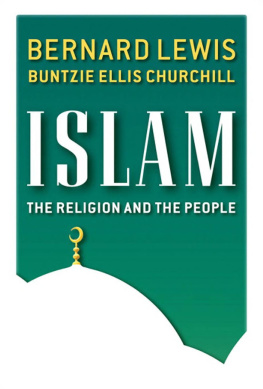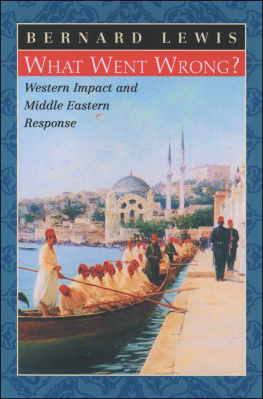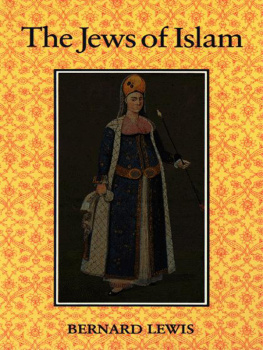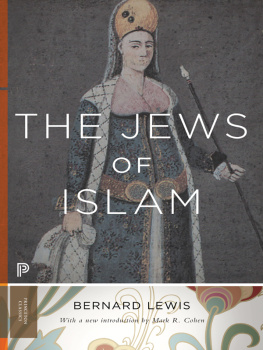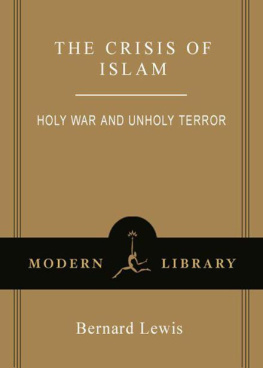Emmet Scott - The Impact of Islam
Here you can read online Emmet Scott - The Impact of Islam full text of the book (entire story) in english for free. Download pdf and epub, get meaning, cover and reviews about this ebook. year: 2014, publisher: New English Review Press, genre: Science. Description of the work, (preface) as well as reviews are available. Best literature library LitArk.com created for fans of good reading and offers a wide selection of genres:
Romance novel
Science fiction
Adventure
Detective
Science
History
Home and family
Prose
Art
Politics
Computer
Non-fiction
Religion
Business
Children
Humor
Choose a favorite category and find really read worthwhile books. Enjoy immersion in the world of imagination, feel the emotions of the characters or learn something new for yourself, make an fascinating discovery.

- Book:The Impact of Islam
- Author:
- Publisher:New English Review Press
- Genre:
- Year:2014
- Rating:5 / 5
- Favourites:Add to favourites
- Your mark:
The Impact of Islam: summary, description and annotation
We offer to read an annotation, description, summary or preface (depends on what the author of the book "The Impact of Islam" wrote himself). If you haven't found the necessary information about the book — write in the comments, we will try to find it.
According to Bernard Lewis, the doyen of Middle Eastern studies at Princeton University, during most of the Middle Ages, it was neither the older cultures of the Orient nor the newer cultures of the West that were the major centers of civilization and progress, but the world of Islam in the middle. It was there that old sciences were recovered and developed and new sciences created; there that new industries were born and manufacture and commerce expanded to a level previously without precedent. (Bernard Lewis, What Went Wrong? (2002), p. 156)
Lewis comments may be regarded as fairly representative of contemporary academic thought. Indeed, the civilized and progressive world of medieval Islam is often contrasted favorably with that of medieval Christianity, which is almost universally viewed as backward and hidebound by superstition. Yet it is questionable whether in any other field of study an opinion so diametrically opposed to the truth has ever gained such wide currency.
At the dawn of the tenth century most of Europe was a rural backwater. All of the lands east of the Elbe (and almost all east of the Rhine) were barbarian-infested wastelands without a trace of literate civilization. Those to the west, in Gaul and Britain, and even in Italy, were not much better. Yet by 1492, when Columbus set out on his great voyage of discovery, Europe stood on the verge of world domination. The continent, from the Atlantic to the Urals, was full of towns and cities built partly of stone and brick, with dozens of universities and a thriving economy. The whole of Europe was crisscrossed with roads which conveyed an astonishing array of wealth and produce from one region to another. Printed books were everywhere, and literacy was extremely common, even among the relatively poor.
In the Islamic world we see the same process in reverse. The House of Islam began the tenth century as possibly the most splendid civilization on the earth. It possessed great cities like Baghdad, Samarra, Damascus and Alexandria, some of which had about 500,000 souls. Its civilization at the time was suffused with the spirit of Sassanid Persia and Byzantine Syria and Egypt, whose wealth, learning and population it had inherited. Yet five centuries later the whole region was a declining relic, in some places a wasteland. The contrast with Europe could not be greater.
In his new book The Impact of Islam, historian Emmet Scott explores the origin of the progressive Islam myth, and comes to some startling conclusions: It was Christianity, he finds, not Islam, which civilized barbarian Europe between the tenth and eleventh centuries.
What Islam did bequeath to Europe at this time was war, piracy, and a massive revival of the slave trade just when Christianity had almost succeeded in killing it off. Even worse, by their example, the Muslims seem to have influenced the growth in Europe of several toxic ideas between the eleventh and fourteenth centuries, ideas which were to have far-reaching consequences. Amongst these were the concept of holy war (utterly alien to Christianity), the use of violence to suppress religious dissent, the judicial use of torture, and the acceptability of violence against the Jews. All of these things were found in Islam before they were found in Christianity.
In addition to this, Scott finds that the Turkish conquests in Europe from the fourteenth century onwards severely stunted the development of those regions, and that the example of the Ottoman slave trade, which was massive, in all likelihood inspired the Spaniards and Portuguese to initiate the Atlantic slave trade during the sixteenth century.
Emmet Scott: author's other books
Who wrote The Impact of Islam? Find out the surname, the name of the author of the book and a list of all author's works by series.

